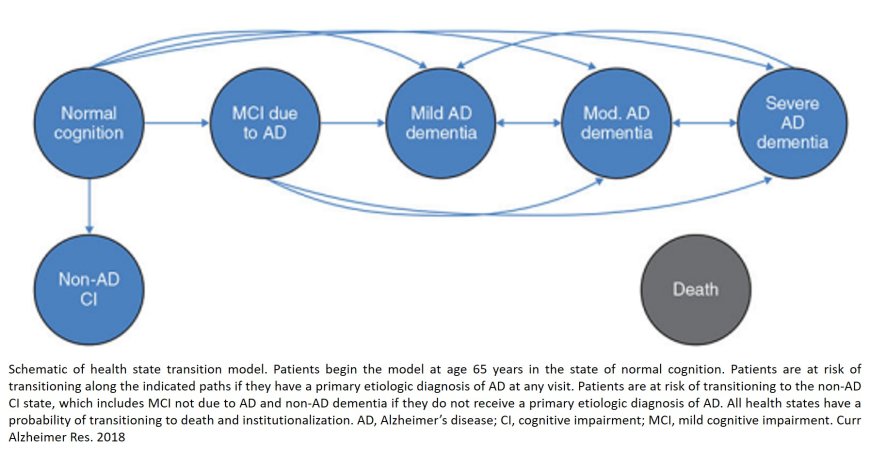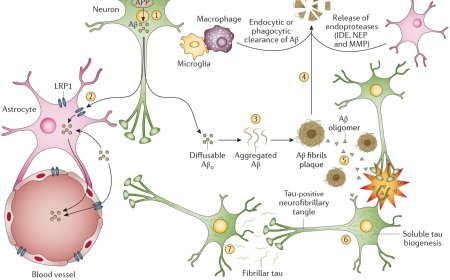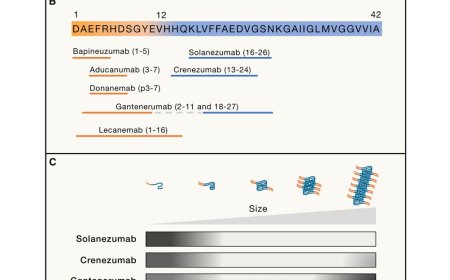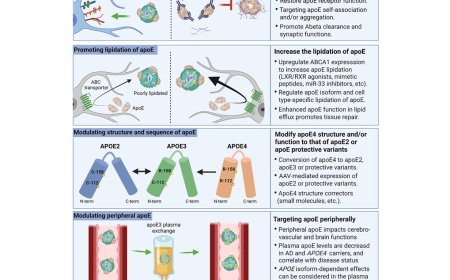How does Alzheimer's disease progress over time?

Alzheimer's disease is a progressive neurological disorder that affects memory, thinking, and behavior. The progression of Alzheimer's disease can vary from person to person, but it typically follows a predictable pattern. Here's an overview of the stages of Alzheimer's disease:
Stage 1: Preclinical Alzheimer's Disease (Years or Decades Before Symptoms Appear)
- No noticeable symptoms, but changes in the brain are occurring.
- Buildup of beta-amyloid plaques and tau tangles in the brain.
Stage 2: Early-Stage Alzheimer's Disease (Mild Cognitive Impairment)
- Subtle cognitive decline, such as memory lapses or difficulty learning new information.
- Symptoms may not be noticeable to others, but the individual may be aware of changes.
Stage 3: Moderate Alzheimer's Disease
- Noticeable cognitive decline, such as:
- Memory loss (e.g., forgetting recent events or conversations)
- Difficulty with problem-solving, communication, and learning new information
- Mood changes (e.g., anxiety, agitation, or depression)
- Daily life becomes more challenging, and assistance may be required.
Stage 4: Moderately Severe Alzheimer's Disease
- Significant cognitive decline, including:
- Disorientation (e.g., difficulty understanding time, place, or situation)
- Difficulty with daily tasks (e.g., bathing, dressing, or using the bathroom)
- Increased memory loss and confusion
- Assistance with daily activities becomes necessary.
Stage 5: Severe Alzheimer's Disease
- Near-total cognitive decline, including:
- Loss of ability to respond to environment or stimuli
- Difficulty with speech and communication
- Increased dependence on caregivers for daily needs
- Physical decline, such as weight loss, incontinence, and difficulty swallowing.
Stage 6: Very Severe Alzheimer's Disease
- Near-total loss of cognitive function, including:
- Loss of ability to recognize family members or caregivers
- Limited ability to respond to environment or stimuli
- Total dependence on caregivers for daily needs
- Physical decline accelerates, and medical complications increase.
Stage 7: End-Stage Alzheimer's Disease
- Complete loss of cognitive function and physical abilities.
- Total dependence on caregivers for all aspects of daily life.
- Increased risk of infections, such as pneumonia, and other medical complications.
Keep in mind that the progression of Alzheimer's disease can vary significantly from person to person, and the stages may not always be linear. Factors such as age, genetics, and overall health can influence the rate of progression.
https://sciencemission.com/Alzheimer%E2%80%99s-Disease-Progression













